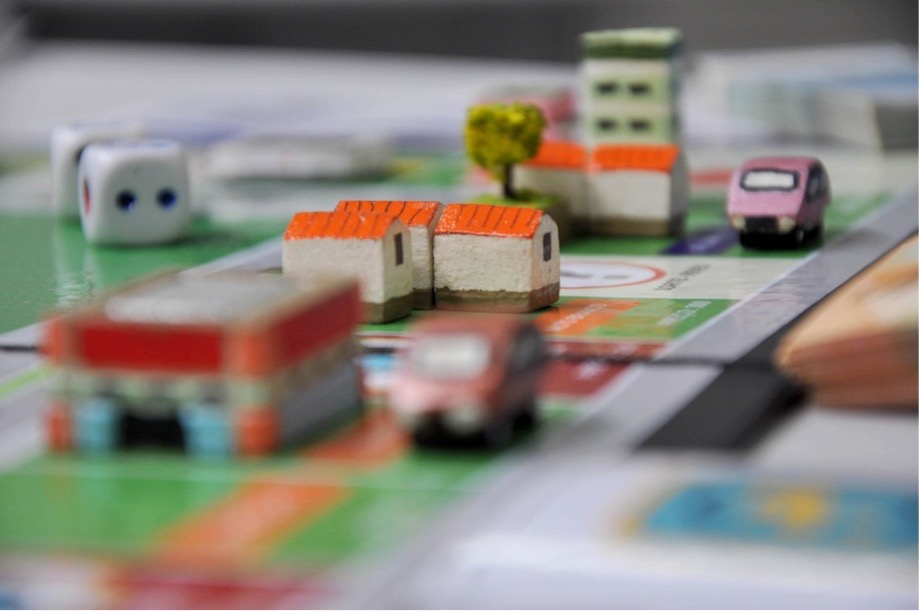Once considered mere entertainment, games have increasingly been recognised as valuable educational tools. Research indicates that integrating games into learning can enhance engagement, foster critical thinking, and improve knowledge retention.
A study by Brunel University London found that incorporating gaming elements into Key Stage 2 science lessons significantly boosted student engagement and confidence in the topic. Teachers reported that students were more focused and collaborative when lessons included interactive gaming resources, rather than other more traditional methods.
Similarly, a UK study involving over 600 primary school students demonstrated that daily sessions with the Nintendo DS game Dr. Kawashima’s Brain Training led to up to a 50% improvement in maths performance compared to traditional lessons.
Games are not only engaging but also effective in developing essential skills. The University of Glasgow found that playing commercial video games like Minecraft and Portal 2 improved university students’ communication, adaptability, and resourcefulness—skills highly valued by employers.
Moreover, educational games can promote literacy. The National Literacy Trust reported that 73% of young people who play video games feel more involved in stories, and 65% believe games help them imagine being someone else, enhancing empathy and creativity.
The evidence suggests that games, digital or analogue, when thoughtfully integrated into educational settings, can be powerful tools for learning. They offer interactive and engaging experiences that not only make learning enjoyable but also develop critical skills necessary for academic and personal success.
Source:
Brunel University of London. “Gaming in the classroom improves teaching and learning.”
WIRED. “Brain Age Boosts Math Skills, Study Suggests.”
BBC News. “Video games could boost university skills, study finds.”
Sky News. “Playing computer games ‘helps improve children’s literacy and overall wellbeing’.”
Cambridge English, “Kids are here to play – the importance of games.”





